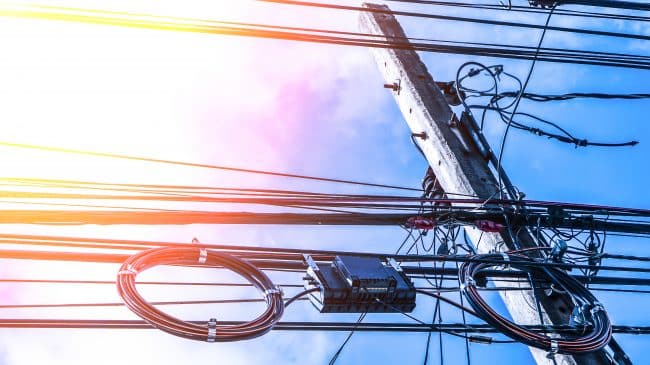Florida’s Constitution Revision Commission recently denied a promising proposal that would have given consumers the right to choose their electricity provider and the source of the electricity they consume.
Such a shift would usher in a wave of competition that would lower prices for consumers, bring in new technology and unleash innovative renewable and green energy products and services, all of which would benefit Florida’s residents.
Floridians have virtually no choice in their electricity provider. Indeed, even putting in rooftop solar is virtually impossible under current state policies. When consumers don’t have choices, when there is no competition, prices are higher and customer service is less than when there is competition. That’s not just economic theory, as Texas illustrates.

Texas has the most competitive electricity market in the United States. Texans can pick from whom to buy their electricity from and from where that electricity comes from. One result is lower prices — for example Texas electricity prices have been appreciably lower than other big job-growth states like California, New York and Florida and are currently about 15% lower than in Florida. Moreover, electricity providers in Texas work with consumers to help them utilize their own solar or wind power. There, it’s about what the customer wants, not what the utility wants.
Competition would also further the adoption of new technologies. Just like taxicabs did not innovate or adopt new technologies until ride-sharing companies like Uber and Lyft blew the market wide open with competition, electric utilities are not developing or adapting new technologies in electricity.
In the few states with competitive electric markets, we see the electricity grids going digital, increasing energy efficiency and making the system more flexible. We also see an explosion in distributed generation — small sources of electricity serving a building or a block with service they can control to meet their needs. And we see micro grids, small autonomous grids connecting generation sources and consumers operating independently of the main utility grid.
All these innovations help reduce costs and improve the customer experience for electricity consumers who choose them. More importantly for Florida, they can provide a lot of resilience in the face of natural disasters like hurricanes. After Hurricane Harvey the parts of Texas with digital grids and distributed generation sources linked by micro grids were the fastest to recover.
The same is true of renewable energy. The costs of renewables have come down considerably, especially for solar. Florida has vast potential for use of solar power, but in fact uses very little. The large-scale solar useful to a giant electricity monopoly is not that viable. But distributed solar power would work well here if we had the policies and updated technologies that, say, Texans, enjoy. Texans can choose renewable energy sources, so it’s no surprise they consume almost twice as much solar power as do Floridians.
Many consumers want renewable energy and competition allows them to choose it; such demand will increases the share of renewable energy far more effectively than any tax credit or incentive will in the current system.
It is time for Florida’s leaders to look at what competition in electricity has wrought, consider the technological changes starting to shake up the industry and the many benefits of letting consumers choose and pay for renewable energy. Improved energy technologies are coming, but they will come first to states with open and competitive electricity markets.
While the Constitution Revision Commission decided not to pursue this admittedly difficult but ultimately inevitable policy change, Floridians should be looking to their leaders to deliver on it anyway. It’s time to open up the Florida electricity market to competition.
Adrian Moore is vice president at the Reason Foundation and Spence Purnell is a policy analyst. They live in Sarasota. This column first appeared in the Sarasota Observer.

